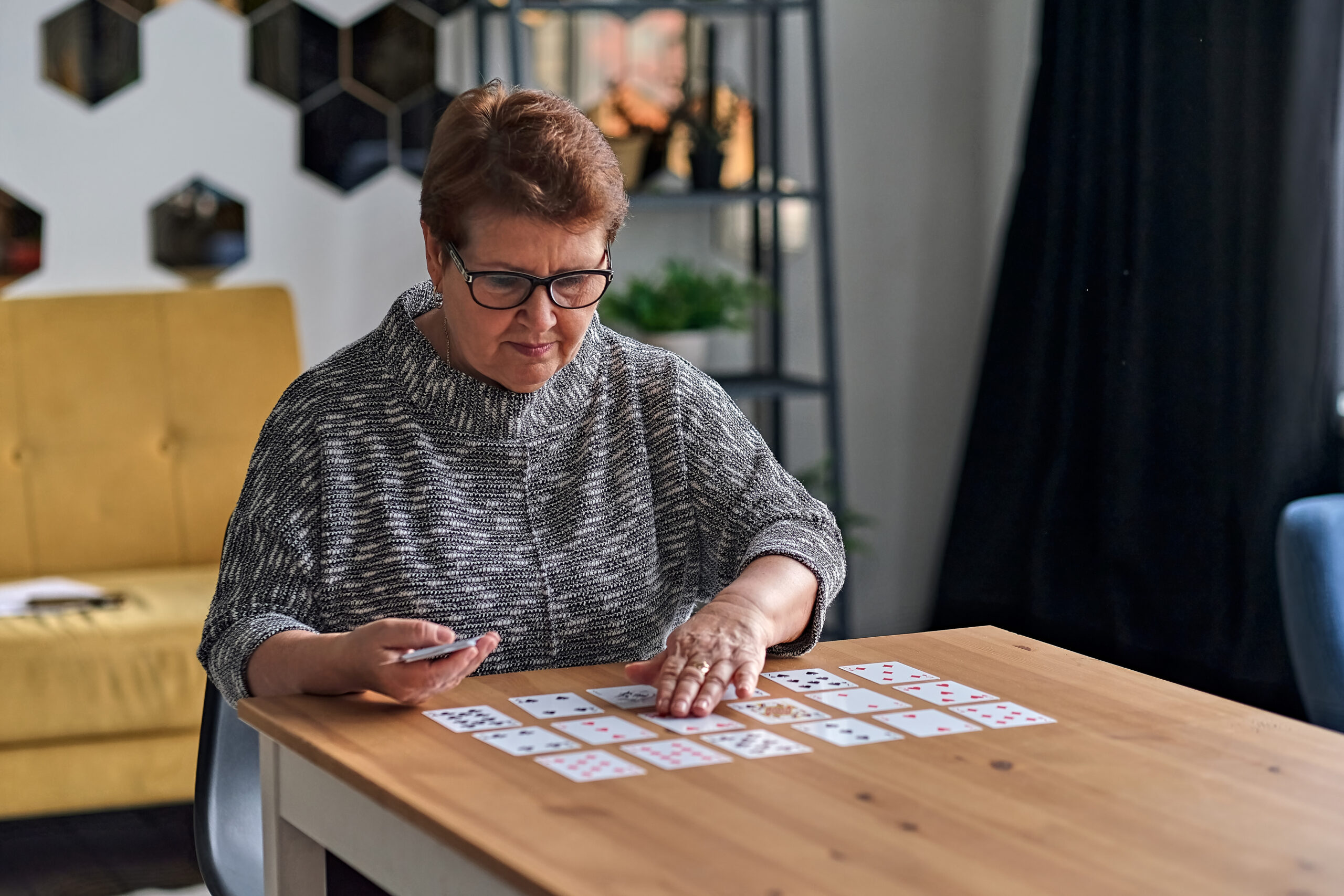Why do people with dementia show better posture with postural alignment therapy?
People with dementia often experience challenges with balance and posture, which can lead to falls and decreased independence. However, postural alignment therapy can significantly improve their posture, enhancing their overall quality of life. This therapy focuses on exercises and techniques that help align the body properly, improving balance, coordination, and stability.
One of the main reasons postural alignment therapy is effective for individuals with dementia is that it helps strengthen the muscles that support good posture. By engaging in specific exercises, such as balance training and functional movements, individuals can improve their muscle strength and flexibility. This not only enhances their posture but also reduces the risk of falls, which are a major concern for people with dementia.
Another important aspect of postural alignment therapy is its ability to enhance cognitive function. While the primary focus is on physical alignment, the mental engagement required for these exercises can also improve memory and concentration. This is particularly beneficial for individuals with dementia, as maintaining cognitive function is crucial for their well-being.
Furthermore, postural alignment therapy can be tailored to meet the individual needs of each person. Physiotherapists work closely with patients to develop personalized exercise plans that are both safe and effective. This personalized approach ensures that the therapy is enjoyable and manageable, which is essential for maintaining motivation and adherence to the program.
In addition to the physical benefits, postural alignment therapy can also have a positive impact on mental health. Exercise has been shown to reduce anxiety and improve mood in people with dementia. By incorporating postural alignment exercises into their routine, individuals can experience these benefits while also improving their posture and overall physical well-being.
Overall, postural alignment therapy offers a holistic approach to improving posture in people with dementia. By combining physical exercises with cognitive engagement and personalized care, this therapy can significantly enhance the quality of life for individuals living with dementia.





